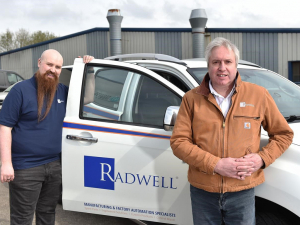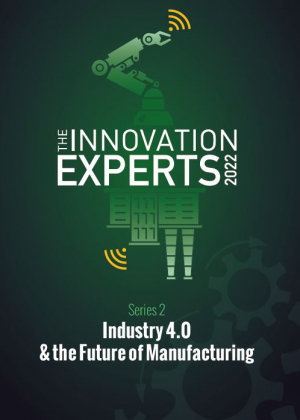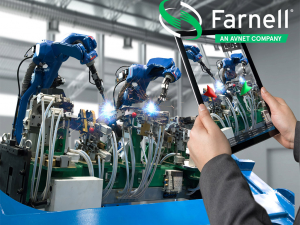The trappings of working with corporations over SMEs

When dealing with large corporations, it’s easy to get lost in the noise. These organisations are often so large that the personability, inter-business relationships and hands-on approaches crucial for successful engineering projects are lost entirely. Here, Gary Bradshaw, Director of Omniflex, discusses how small and medium-sized enterprises (SMEs) are perfectly placed to fill this widening market that can be found between these international monoliths.
If you’ve ever done business with the huge organisations in question, you’ll have likely engaged with their corporate mechanisms. This often means tackling artilleries of sales people, marketeers, engineers and executives to try and communicate your needs and hammer out a deal.
This is time consuming, but often well worth it as larger companies have influence and can take advantage of economies of scale and can call on a variety of engineering expertise and organisational resources. However, when a smaller company engages with this corporate machinery, it’s often just as easy to be chewed up than it is to be successful.
Don’t wake up for less than $10,000 a day
An unfortunate fact is that business from smaller projects is often relatively negligible to these giants. It is naturally quite difficult to get attention paid to a £100,000 project, for instance, when the company is busy organising deals in the multi-billion range.
This is the first key benefit of working with SMEs like Omniflex in place of larger companies - your project will make up far more of the SMEs’ business.
This focuses far, far more attention on your project, from every corner of the SME. In many cases it’s possible to pick up the phone and speak directly with the engineers involved with your project, or even the CEO or managing director. Forbes recently spoke with the CEO of United Capital Source, Jared Weitz, who said: “the new standards for consumer demand favor businesses with better customer service, as well as businesses with better customers in general”, and while this is looking from a retail perspective, the same themes apply industrially.
It’s hard to imagine getting this kind of quality, hands-on service from a larger company, particularly with the tens of thousands of staff these companies employ. There’s no guarantee that your project will be managed by the same people over time, meaning decisions are made, steps are taken and timelines planned by staff that may have little experience of your project.
Planning for failure
All this is not to say that projects put in the hands of large corporations are doomed. There are many examples across the world of successful smaller projects from larger corporations, but as time ticks on there are two potential landmines that projects relying on large corporation manufactured equipment face - obsolescence and ongoing maintenance. These bring with them some serious issues that continually plague the customers of larger organisations, but the customers of SMEs like Omniflex are insulated from.
Larger manufacturers will often supersede current equipment models for a variety of reasons. For those tied to larger companies this is a sticky situation, as it can often be very expensive to replace potentially thousands of parts with their new models, despite the now-obsolete part often still being workable with little or no modification.
Meanwhile, SMEs like Omniflex have the flexibility that means they can work directly to redesign the system to keep production running. Furthermore, parts sourced from SMEs often have far longer market lives before reaching obsolescence, due to SMEs firmly understanding the requirements of their customer projects, far better than larger companies ever could.
Fundamentally, if a large corporation loses business by pricing out their customers with new parts, it’s far less likely to make an impact on the company at large. SMEs don’t enjoy this freedom, but that fact is entirely to the advantage of their customers.
A final, and crucial, benefit of working with SMEs like Omniflex comes when failures happen and support is needed. Instead of robotic phone systems and faceless ticketing systems, working with Omniflex means that you have a direct support line to the engineers working on your project.
Furthermore, all Omniflex equipment, since its inception in 1965, is serialised and recorded, meaning the specifications of even 55-year old equipment can be easily looked-up and support given at a moment’s notice.
Get in touch with Omniflex to discover how much smoother projects are to manage and implement when you’re well looked after, and past and future technical support is just a call away.
Similar articles
More from Omniflex (UK) Limited
- Module enables satellite-based remote monitoring 7th June 2022
- Tank Alarm monitoring to keep Kenya fuelled 30th June 2021
- Versatile remote monitoring for cathodic protection systems 21st June 2021
- Remotely controlling corrosion 14th June 2021












Write a comment
No comments